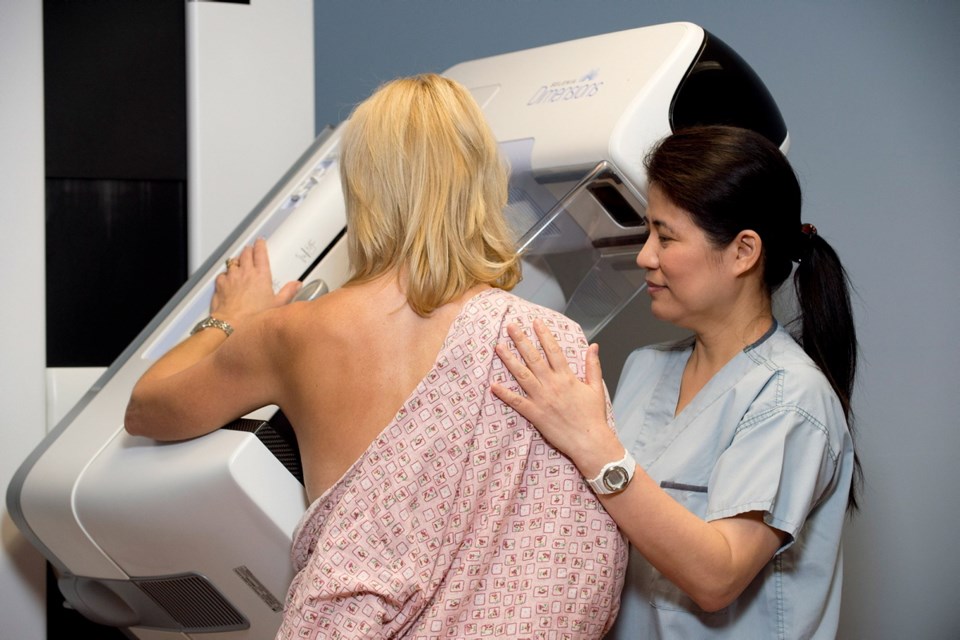This is a difficult column to write, because it raises a concern most folks don’t like talking about. Yet with the current attention directed at gender issues, I think it deserves an airing.
The topic is patient sensitivity when it comes to medical procedures involving what a Monty Python skit called the “naughty bits.”
The treatments in question are generally diagnostic procedures such as pap smears, prostate ultrasounds and minor surgical investigations such as catheter insertions looking for bladder stones.
The reason this deserves a hearing is that reliable studies in both the U.S. and Canada suggest one-third of patients want these “sensitive” procedures carried out by a provider of the same gender.
Some in this group report feeling embarrassed, humiliated and even violated. That’s a concern, both on compassionate grounds, but also for valid medical reasons. We don’t want to scare people away from clinically important procedures.
Yet in these situations, with only one exception, I know of no medical facility in B.C. that offers patients — in advance — the option of being seen by a provider of the same gender.
The exception is mammography. Women in our province are almost assured that this exam will be carried out by a female technician.
But that’s it. Our health-care system is almost the only field of social discourse where gender sensitivities are routinely shunted aside.
Yes, some facilities might try to be helpful if a patient arrives and asks for a same-sex provider.
But that guarantees nothing, because without advance arrangements, chances are you’re out of luck. Moreover, patients are often afraid too afraid or embarrassed to speak up. There is a huge power imbalance here.
Why does this happen? Partly because the system is in denial.
In the studies I mentioned, the researchers were dismissive of patient concerns. They put it down to poor communication. That strikes me as the epitome of cluelessness.
Also, providers are concerned their workload (and income) might suffer if patients are given some degree of choice.
Before suggesting a solution, the latter point requires a response. There is no threat whatsoever to professional standing, because two-thirds of us don’t care who we see. That’s more than enough to ensure that both male and female providers are kept busy.
A couple of exceptions must also be conceded. If you arrive at a hospital ER without warning, there is no opportunity for preplanning. You get whoever is available.
Again, small rural hospitals might lack sufficient staff to offer a choice.
But in the main, the procedures we’re talking about are arranged weeks in advance. There is plenty of time for any decent-sized facility to book appointments on a day when a gender match (if requested) is available.
So here is a proposal. When notifying patients that they are scheduled for a sensitive procedure — usually in writing — include something such as the following language: “For procedures of the type your physician has ordered, we ask patients if they have a preference regarding the gender of their caregiver. Because of staffing limitations, we cannot guarantee to accommodate these requests. But if you have a preference, please call the admitting desk, and we will try to meet your wish.”
I recognize the logistical issues this will create. But when a third of all patients report serious discomfort with what they consider insensitive treatment, action is called for.
Our health-care system insists it is patient-centred. As things stand, it is provider-centred.
I’m not suggesting that individual caregivers are insensitive. I am suggesting that our health-care system has deliberately turned its back on this issue, for no better reason than avoiding the inconvenience of tackling it.



